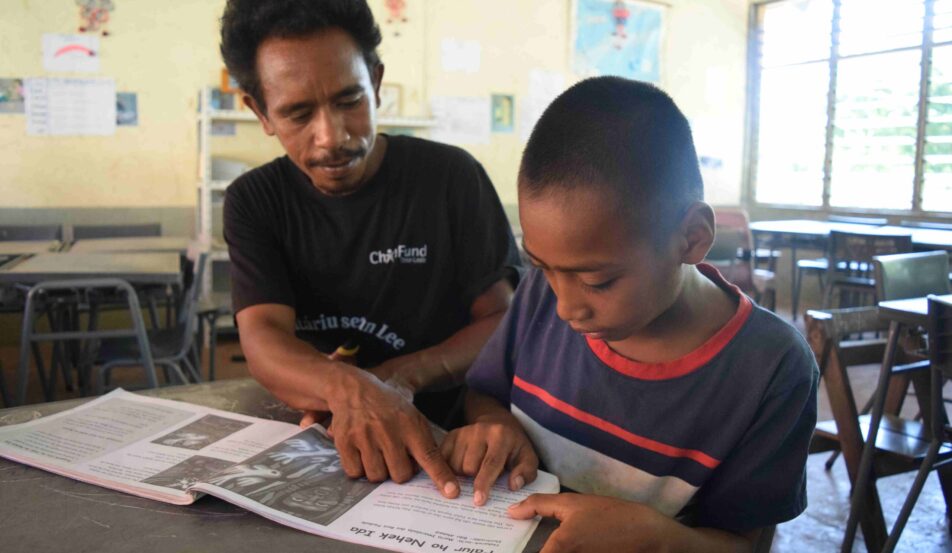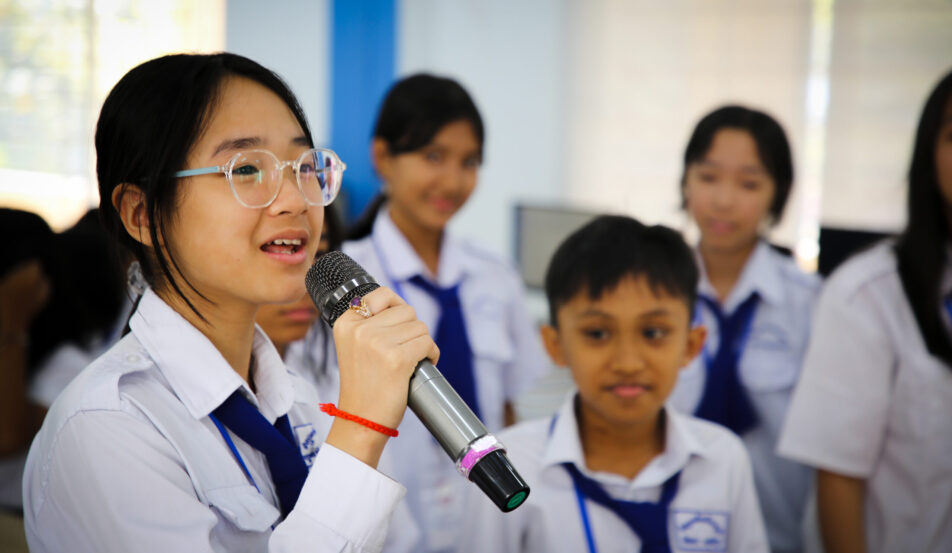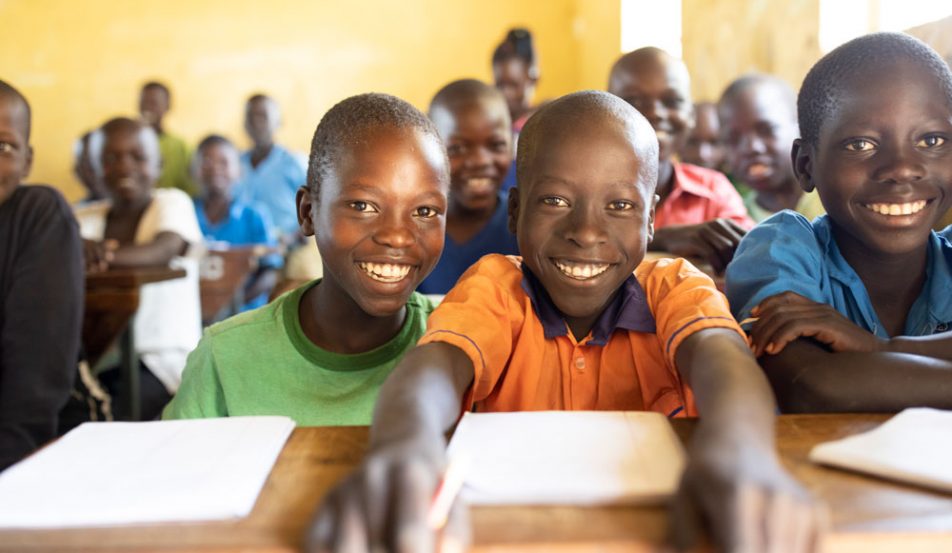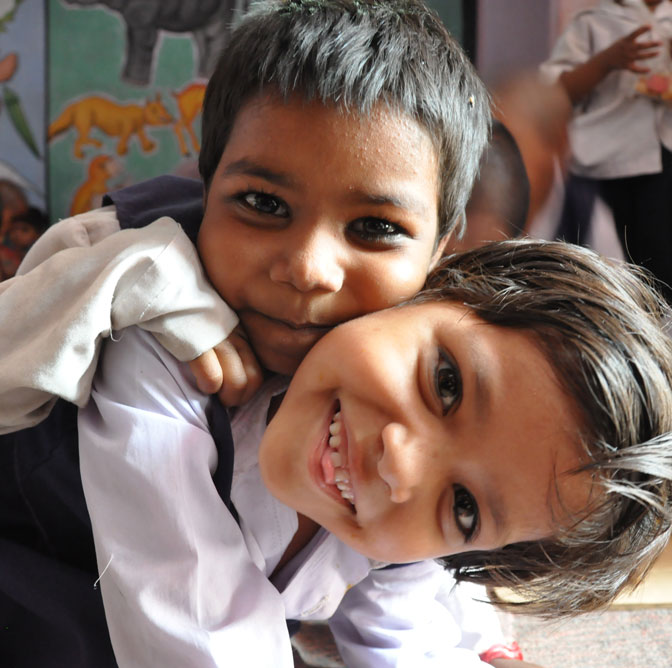Learning how to tackle malnutrition in Timor-Leste
There is no time to spare in the first 1,000 days of a child’s life – an important foundational period for development and growth.
Children are more likely to lead healthier, brighter lives when they have supportive environments in these early years; the right care and nutrition are essential to their future wellbeing.
In Timor-Leste, knowledge around health, nutrition and food preparation is limited. This is compounded by poor access to health care and hygiene education and facilities. As a result, child malnutrition is a major issue across Timor-Leste, says Americo, a health volunteer supporting families in Lautem municipality. “It can happen to anyone, but mostly it affects children under the age of five in communities in rural areas.”
“When children are sick, some parents don’t take them to the community health centre, but instead seek traditional healers.”
Since 2022, ChildFund Timor-Leste has been working with local partners to train health volunteers like Americo to assist in reducing the rate of child malnutrition in communities. Health volunteers work with parents and caretakers to access nutritious local foods and prepare healthier meals for their children.
Part of the project includes cooking lessons, which have become a popular and invaluable experience for families involved. Lessons focus on teaching parents about the power of the food grown in their own backyard and how best to prepare it for small bellies.
Americo says: “We teach families how to cook meals using produce from their farms, such as rice, chicken, vegetables, eggs, moringa, and coconut oil. We cook these meals, and feed the children three or four times a day or whenever they are hungry. Lots of people don’t know about the benefits of local products.”
Health volunteers are also helping to identify and diagnose malnutrition in its early stages and provide the appropriate nutrition intervention. “Whenever we weigh a child, and the child’s weight is below average, we immediately make plans with the mothers to start cooking lessons,” explains Americo. “We teach them how to cook nutritious porridge for the child to consume for 12 days and then weigh the child again to see their progress. Most of the children gain 2.5 to 3kg.”
Even though the program lasts only 12 days, Americo encourages mothers to continue making meals of nutritious porridge at home. He says families are taking a more proactive approach to their children’s health and wellbeing, scheduling regular health check-ups, and dietary habits in the community have improved. “Malnourished children have gained weight to reach a healthy range, and the mothers are very appreciative of the support, education and encouragement given to them,” says Americo.
“We will continue to work to improve the lives of babies, children, mothers, and the whole community.”

“We teach families how to cook meals using produce from their farms and feed the children. Lots of people don’t know about the benefits of local products.”
– Americo, Health Volunteer


































